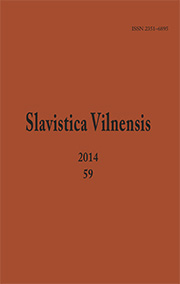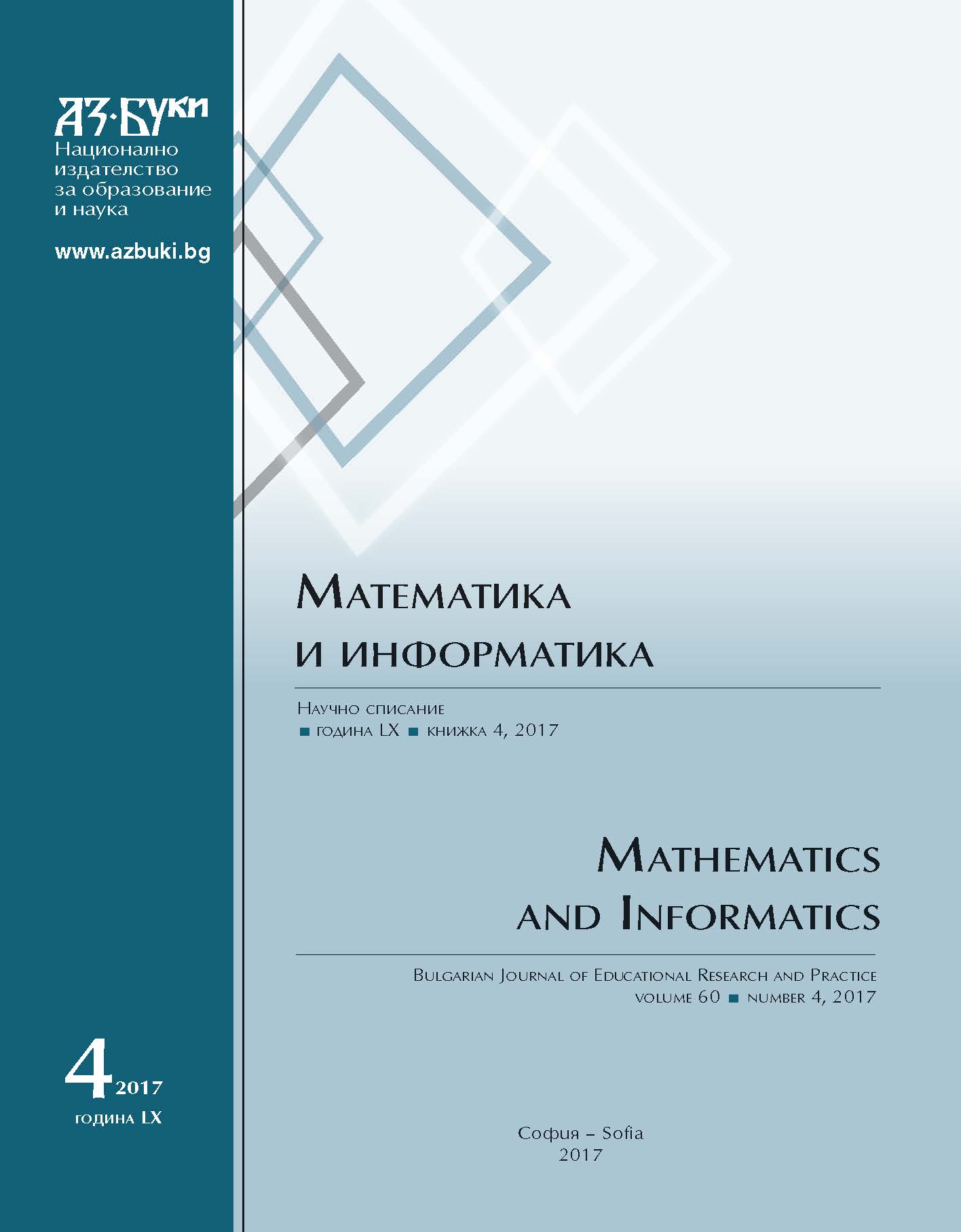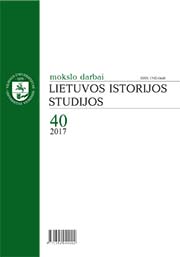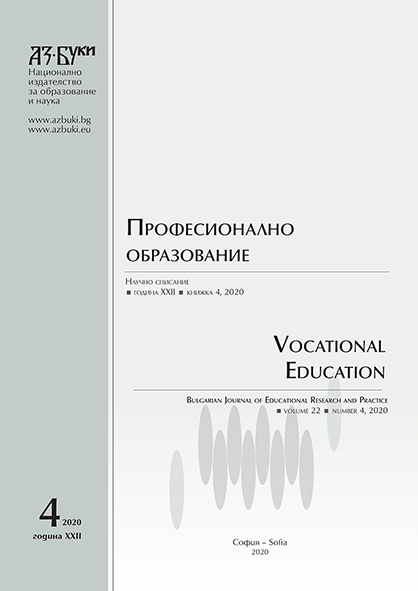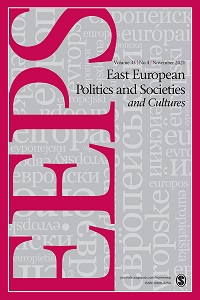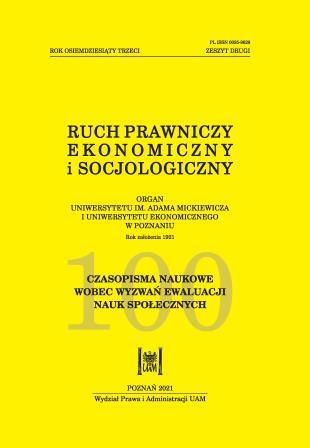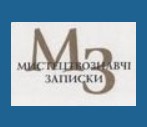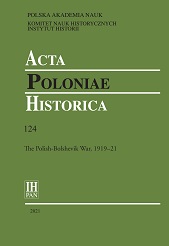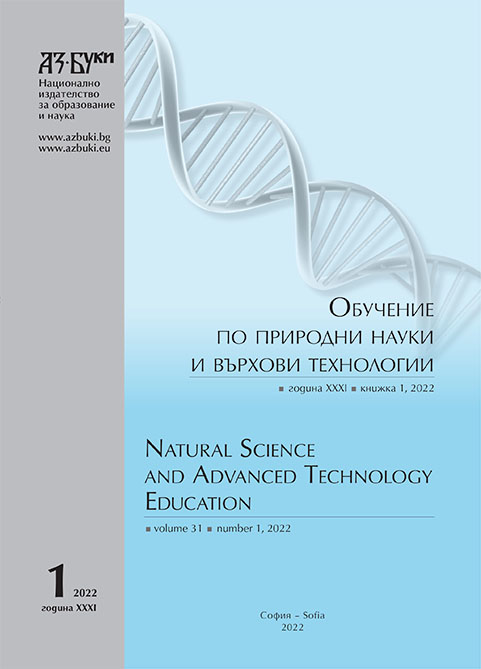Author(s): Maciej Górny / Language(s): English
Issue: 124/2021
Anna Janicka, Corinne Fournier Kiss, and Mariya Bracka (eds), Przemiany dyskursu emancypacyjnego kobiet [Changes in Women’s Emancipation Discourse], Series 1: Perspektywa środkowoeuropejska [The Central European Perspective], Białystok, 2019, Temida2, in cooperation with Wydział Filologiczny Uniwersytetu wBiałym-stoku and Katedra Badań Filologicznych „Wschód-Zachód”, 746 pp., bibliography, ills, portraits, English, French, Russian, Ukrainian sum., index of personal names; series: Przełomy/Pogranicza: Studia Literackie 27, Studia Kobiece 1
Anna Janicka, Corinne Fournier Kiss, and Barbara Olech (eds), Przemiany dyskursu emancypacyjnego kobiet [Changes in Women’s Emancipation Discourse], Series 2: Perspektywa polska [The Polish Perspective], Białystok, 2019, Temida 2, in cooperation with Wydział Filologiczny Uniwersytetu w Białymstoku, 729 pp., bibliography, ills, English, French, Russian, Ukrainian sum., index of personal names; series: Przełomy/Pogranicza: Studia Literackie 28, Studia Kobiece 2
Tomasz Kurpierz, Henryk Sławik 1894-1944. Biografia socjalisty [Henryk Sławik 1894-1944: Biography of a Socialist], Katowice-Warszawa, 2020, Wydawnictwo Instytutu Pamięci Narodowej, 836 pp., list of abbreviations, bibliography, index of personal names, photographs
Zbigniew Mentzel, Kołakowski. Czytanie świata. Biografia [Kołakowski: Reading the World. A Biography], Kraków, 2020, Społeczny Instytut Wydawniczy Znak, 509 pp., bibliography, index of persons, photographs
Anna Marciniak-Kajzer, Rzeczy ludzi średniowiecza w domu [Medieval Household Objects], Łódź, 2020, Wydawnictwo Uniwersytetu Łódzkiego, ills, bibliography, list of abbreviations, 440 pp.
Aleksandra Losik-Sidorska, Katalog Nagrobków Piastowskich/The Tombs of the Piast Dynasty, Poznań, 2020, Wydawnictwo Nau kowe UAM, photographs, ills, list of figures, 140 pp.
Marian Rębkowski, Jak powstało Pomorze? Studium tworzenia państwowości we wczesnym średniowieczu [The Origins of Pomerania. A Study on theFormation of a State in the Early Middle Ages], Warszawa, 2020, Wydawnictwo Instytutu Archeologii i Etnologii PAN, Muzeum Historii Polski w Warszawie, 228 pp., ills, bibliography, index of geographical and ethnical names, English sum.
Szymon Wieczorek, Galla Anonima opowieść o królu Bolesławie i ubogim kleryku. Moraliter, anagogice, allegorice, historice [A Story about King Boleslaus and a Poor Cleric by Gallus Anonymus. Moraliter, Anagogice, Allegorice, Historice], Rzeszów, 2020, Publishing House of the University of Rzeszów, 148 pp., list of abbreviations, bibliography, list of sources, English sum.
Małgorzata Dowlaszewicz, Diabeł w legendzie. Wyobrażenie diabła antropomorfi cznego w średniowiecznej literaturze niderlandzkiej [The Devil in Legend. The Image of the Anthropomorphic Devil in Medieval Dutch Literature], Wrocław, 2020, Oficyna Wydawnicza Atut, 153 pp., annex
Anna Horeczy, Recepcja włoskiej kultury intelektualnej w krakowskim środowisku uniwersyteckim w drugiej połowie XIV i w pierwszej połowie XV wieku [Reception of Italian Intellectual Culture in the Cracow’s University Environment in the Second Half of the Fourteenth and First Half ofthe Fifteenth Century], Warszawa, 2021, Instytut Historii PAN, 459 pp., list of abbreviations, bibliography, list of tables and diagrams, index of persons, annexes, English sum.
Jacek Pielas, Oleśniccy herbu Radwan w XV-XVII wieku. Z dziejów szlachty małopolskiej doby nowożytnej [The Oleśnicki Family of the Radwan Coat of Arms. From the History of the Gentry of Lesser Poland in the Early Modern Period], Kielce, 2020, Wydawnictwo Uniwersytetu Jana Kochanowskiego, 186 pp., list of abbreviations, annex including source document edition, genealogical tables, cartographic material and photographs, bibliography, indexes of personal and geographical names
Piotr Miodunka, Społeczność małych miast południowej Małopolski od końca XVI do końca XVIII wieku [The Community of Small Towns in Southern Lesser Poland from the Late Sixteenth to the Late Eighteenth Century], Kraków, 2021, Towarzystwo Auto rów i Wydawców Prac Naukowych ‘Universitas’, 553 pp., list of abbreviations, annexes, bibliography, lists of tables and diagrams, ills and list thereof, index of geographical names; series: Historia Życia
Aleksandra Ziober, Postawy elit Wielkiego Księstwa Litewskiego wobec elekcji Władysława IV Wazy i Michała Korybuta Wiśniowieckiego [Attitudes of the Elites of the Grand Duchy of Lithuania towards the Elections of Ladislas IV Vasa and Michael I], Kraków, 2020, Wydawnictwo Księgarnia Akademicka, 332 pp., list of abbreviations, bibliography, English sum., index of personal names
Bożena Popiołek, Dobrodziejki i klienci. Specyfika patronatu kobiecego i relacji klientalnych w czasach saskich [Benefactresses and Clients. Female Patronage and Clientelism in Saxon Times], Warszawa, 2020, Muzeum Pałacu Króla Jana III w Wilanowie, 632 pp., ills, list of main archival abbreviations, bibliography, index of personal names, English sum.
Urszula Kicińska, W tym osieroconym stanie. Pozycja wdowy w społe -czeństwie szlacheckim w Rzeczypospolitej (od schyłku XVII do połowy XVIII wieku) [In This Orphaned State. The Position of the Widow in the Noble Society ofthe Commonwealth (from the late seventeenth until the mid-eighteenth century)], Kraków, 2020, Wydawnictwo Naukowe Uniwersytetu Pedagogicznego, 680 pp., list of main abbreviations, bibliography, English sum., index ofpersonal names; series: Prace Monograficzne – Uniwersytet Pedagogiczny im. Komisji Edukacji Narodowej w Krakowie, 1001
Jarosław Kita and Maria Korybut-Marciniak (eds), Kariera w optyce prywatności [Career and Privacy], Łódź–Olsztyn, 2020, Wydawnictwo Uniwersytetu Łódzkiego, 364 pp., selected bibliography; series: Życie prywatne Polaków w XIX wieku, 9
Monika Bednarczuk, Katarzyna Filutowska, Marta Kopij-Weiß, and Mirja Lecke, Kulturtransfer in der Provinz. Wilna als Ort deutscher Kultur und Wissenschaft (1803-1832), ed. by Monika Bednarczuk, Wies-baden, 2020, Harrassowitz Verlag, VI, 251 pp., bibliography, index
Jakub Grudniewski, Pruska elita władzy na Górnym Śląsku 1871-1918 [The Prussian Political Elites in Upper Silesia, 1871-1918], Katowice, 2020, Wydawnictwo Uniwersytetu Śląskiego, 512 pp.,index of personal names, annexes, bibliography, English and German sum.
Klaus Richter, Fragmentation in East Central Europe. Poland and the Baltics, 1915-1929, Oxford, 2020, Oxford University Press, 368 pp., ills, maps, index
Zbigniew Girzyński, Jarosław Kłaczkow, Tomasz Łaszkiewicz, and Przemysław Olstowski (eds), „Zanim zbudowano Gdynię...”: wpływ odrodzenia państwa w 1918 roku na procesy modernizacyjne ziem polskich [Before Gdynia Was Built: How Poland’s Revival in 1918 Influenced Modernisation Processes
in Its Territory], Toruń, 2020, Wydawnictwo Adam Marszałek, 361 pp., ills, index of persons; series: O Niepodległą i jej trwanie
Ralph Schattkowsky, Osteuropaforschung in Polen 1918–1939, Wies-baden, 2019, Harrassowitz Verlag, XII, 342 pp., bibliography, index
Dietmar Müller, Bodeneigentum und Nation. Rumänien, Jugoslawien und Polen im europäischen Vergleich, 1918-1948, Göttingen, 2020, Wallstein Verlag, 479 pp.; series: Moderne europäische Geschichte, 17
Sebastian Rosenbaum, Między katolicyzmem i nacjonalizmem: Związek Niemieckich Katolików w Polsce w województwie śląskim 1923-1939 [Between Catholicism and Nationalism: The‘Asso-ciation ofGerman Catholics in Poland’ in Silesian Voivodeship, 1923-39], Katowice-Warszawa, 2020, Instytut Pamięci Narodowej - Komisja Ścigania Zbrodni przeciwko Narodowi Polskiemu, Oddział w Katowicach, 804 pp., bibliography, German sum., indices
Zofia Zakrzewska, “Cukier krzepi”. Propaganda konsumpcji cukru w Polsce w latach 1925-1932 [Sugar Strengthens: Sugar Consumption Propaganda in Poland, 1925-1932], Warszawa, 2020, Wydawnictwo Instytutu Pamięci Narodowej, 192 pp., list of abbreviations, bibliography, index of personal names, ills, photographs, English sum.
Jarosław Tomasiewicz, W kierunku nacjokracji. Tendencje auto-rytarne, totalistyczne i profaszystowskie w polskiej myśli politycznej (1933–1939): narodowcy – narodowi radykałowie – narodowi socjaliści [Toward Nationcracy. Authoritarian, Totalistic, and Pro-fascist Trends in Polish Political Thought of1933–1939], Katowice, 2019, Wydawnictwo Uniwersytetu Śląskiego, 412 pp., bibliography, English and German sum., index; series: Prace Naukowe Uniwersytetu Śląskiego w Katowicach, 3822
Leon Rappaport, Komitet Pomocy Uchodźcom Polakom w Wilnie (19września 1939 - 1 stycznia 1941) [The Committee for Aiding Polish Refugees in Wilno (19 September 1939 to 1 January 1941)],ed. by Alicja Gontarek, Lublin 2020, Wydawnictwo Uniwersytetu Marii Curie-Skłodowskiej, 180 pp., bibliography, ills, index
Carlos Alberto Haas, Das Private im Ghetto: Jüdisches Leben im deutsch besetzten Polen 1939 bis 1944, Göttingen, 2020,Wallstein Verlag, 370 pp.; series: Das Private im Nationalsozialismus, 3
Marek Barański, Wspomnienia 1943-1989 [Memoirs, 1943-1989], with foreword by Jan Żaryn, Warszawa, 2020, Państwowy Instytut Wydawniczy, 488 pp., index, ills
Paweł Machcewicz and Andrzej Paczkowski, Wina, kara, polityka. Rozliczenia ze zbrodniami II wojny światowej [Crime, Punishment, Politics: Reckoning with the Second World War Crimes], Kraków, 2021, Instytut Studiów Politycznych PAN, Wydawnictwo Znak Horyzont, 640 pp., list of abbreviations, bibliography, index of personal names, ills and sources thereof
Anna Dobrowolska, Zawodowe dziewczyny. Prostytucja i praca seksualna w PRL [Professional Girls: Prostitution and Sex Work in the Polish People’s Republic], Warszawa, 2020, Wydawnictwo Krytyki Politycznej, 233 pp., bibliography, photographs, ills, index of personal names
Michał Jarmuż, Problemy mieszkaniowe w PRL w latach siedem-dziesiątych XX wieku w świetle dokumentów osobistych [Housing Problem in the Polish People’s Republic in the 1970s in the Llight of Personal Documents], Warszawa, 2020, Instytut Historii PAN, 225 pp., bibliography, index of personal names
Martyna Grądzka-Rejak and Jan Olaszek, Holokaust, pamięć, powielacz: zagłada Żydów i okupacyjne stosunki polsko-żydowskie w publikacjach drugiego obiegu w PRL [The Holocaust, Memory, and Duplicating Machines: The Extermination of the Jews and Polish-Jewish Relations during the Nazi Wartime Occupation in Underground Samizdat Publications in Communist Poland], Warszawa, 2020, Biblioteka „Więzi”, 279 pp., tables, ills
Rafał Stobiecki, Historiografi a PRL. Zamiast podręcznika [Polish Historiography of the Communist Period: An Alternative to a Textbook], Łódź, 2020, Wydawnictwo Uniwersytetu Łódzkiego, 289 pp., index of personal names, bibliography and biographical lexicon ofthe Polish historians of the 1945-89 period.
More...
